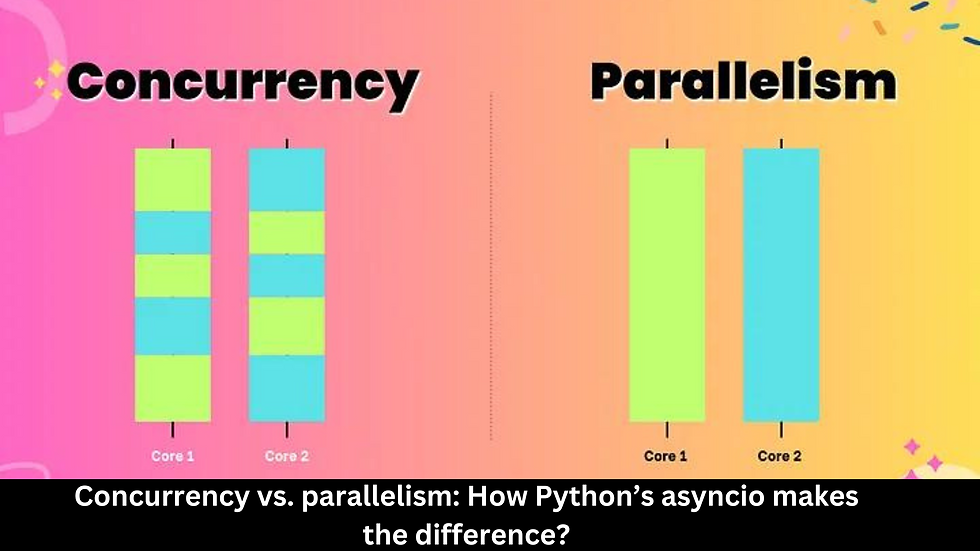Digital Transformation Trends in Modern Healthcare
- Shaikh N

- Dec 22, 2023
- 3 min read
The healthcare industry is undergoing major digital transformation. New technologies and innovations are changing how healthcare is delivered and improving patient outcomes. Some of the biggest digital trends transforming modern healthcare include telemedicine, mHealth apps, artificial intelligence, big data analytics, and the Internet of Things.

Telemedicine
Telemedicine allows patients to virtually connect with healthcare providers through video conferencing and other telecommunications technologies. This makes healthcare more accessible and convenient for patients, especially those in remote areas without proximate care options. During the COVID-19 pandemic, telemedicine usage spiked with more doctors conducting digital visits.
Many experts expect telehealth services to continue growing as patients and providers alike appreciate the efficiency and flexibility it offers. Key telemedicine services like remote patient monitoring are also improving chronic disease management.
mHealth Apps
Mobile health (mHealth) apps are giving patients greater control over their own health. Apps can track fitness, promote healthy behaviors, and enable individuals to better manage medical conditions. Patient engagement apps even allow people to access their test results, schedule appointments, message doctors, and more.
Additionally, wearable devices like smartwatches continually collect biometric data that both patients and doctors can monitor for a more complete health picture. The sheer volume of health data people can now collect about themselves via apps and wearables is leading to more personalized and empowered healthcare.
AI and Big Data
The healthcare industry also increasingly uses artificial intelligence (AI) and big data analytics. AI algorithms can analyze massive medical datasets and discover insights to improve clinical decision-making, personalize treatment plans, and better predict health outcomes. For example, AI can comb through millions of patient records to identify people at high risk for conditions like heart disease.
Other AI applications in healthcare digital transformation include chatbots that offer basic medical advice without needing human input. Big data analytics also support value-based care models which reward healthcare providers based on patient outcomes instead of service volume.
Internet of Things
Internet connected devices known as internet of things (IoT) provide extensive patient monitoring both inside and outside hospitals. IoT sensors can track senior citizens’ medication intake at home and detect if someone has fallen. Wearable patches transmit real-time temperature, glucose level and other vitals straight to providers. Surgical equipment with sensors could prevent costly operating room errors.
Supply chain IoT solutions even ensure medical devices and pharmaceutics maintain proper shipping conditions. As more everyday objects gain intelligent sensing abilities, they generate invaluable data to proactively identify health issues and improve care quality.
Interoperability
A major goal as healthcare leverages more digital innovation is achieving widespread systems interoperability for seamless data sharing. Players across the fragmented industry like insurance companies, clinics, government entities and more must adopt compatibility standards.
Increased interoperability will mean complete patient information integrates into one health record that any doctor can securely access rather than data siloed among various proprietary platforms. It will reduce duplicate tests, prevent medical errors, and enable shots like vaccines to register across systems. Global interoperability remains a work in progress but could hugely improve coordination and outcomes.
Cybersecurity
However, increased digital access requires robust cybersecurity measures as well to ensure privacy and prevent system attacks. Medical identity theft and hacking could have severe consequences. Healthcare organizations must regularly audit security protocols and prepare incident response plans according to best practices.
Fortunately, advances in threat detection, authentication, encryption and more can help healthcare IT teams stay resilient against sophisticated hacking attempts. Still, cyber risks remain the number one technology concern for healthcare executives.
Equity and Access
Furthermore, the digital divide persists even as novel care delivery models dependent on internet and mobile access expand. Telemedicine and mHealth app usage assumes broad technological literacy and availability which low income and elderly groups may lack, exacerbating disparities.
Providers must enhance digital literacy programs and utilization support so underserved communities also benefit from impactful emerging health technologies instead of falling further behind.
Conclusion
Monumental digital transformation is revolutionizing modern healthcare through innovations like AI algorithms, wearable trackers, video doctor appointments and more. These technologies deliver healthcare that is more personalized, proactive and effective at improving patient outcomes.
However, work remains to mitigate risks around privacy, equity and ethical application as advanced tools continue permeating healthcare. Overall the future looks bright for digital transformation in healthcare that increases access and helps people live healthier.








Comments